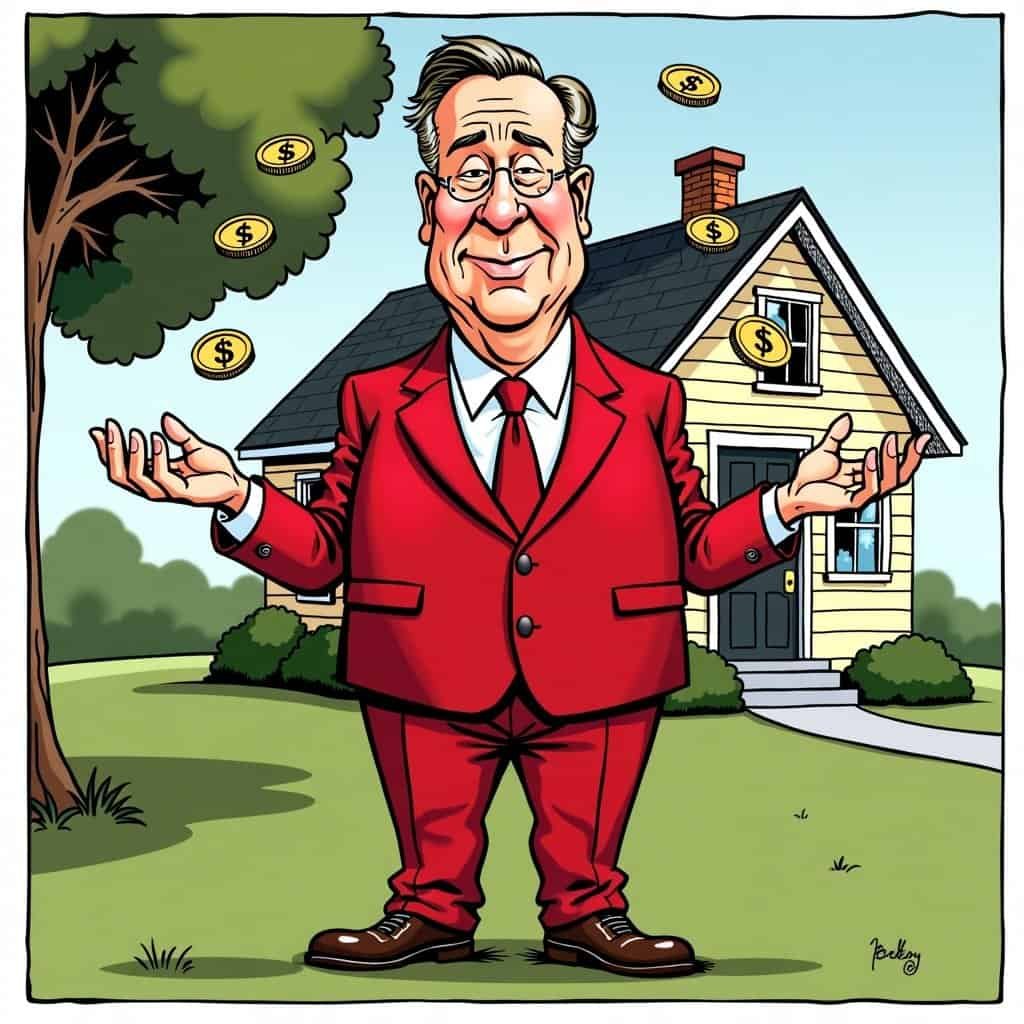William F. Buckley Jr., the man who could make a dictionary blush, wasn’t just about making you question your vocabulary on Firing Line. This conservative icon had some intriguing thoughts on America’s welfare state—a necessary evil, but one that needed a tight rein. Let’s unpack this, shall we?
Some conservatives would rather eat their own shoes than admit the government should do anything beyond delivering mail and guarding borders. Not Buckley. He recognized the value of a modest safety net. Life isn’t always a walk in the park. People stumble, and sometimes even a firm handshake and a pep talk can’t get them back up. For those down-on-their-luck folks, Buckley believed in offering a hand—just not a permanent piggyback ride.
Trampoline, Not Hammock
What Buckley really pushed for was the idea that these welfare programs should be more of a springboard than a cozy nest. There’s a distinction, you know. A nest keeps you comfy indefinitely; a springboard launches you back into action. The concept here is that limited welfare programs should help people bounce back without encouraging them to develop a perpetual siesta habit.
Personal Responsibility: More Than Just a Catchphrase
You’ve heard that old saying about pulling oneself up by the bootstraps, right? It’s not just something your grandpa says to sound wise. It’s the beating heart of conservative philosophy: personal responsibility, elbow grease, and self-reliance. It’s about showing some spunk and drive. Welfare, if overdone, is like giving someone a shovel instead of a ladder—they might just keep digging. The goal is to hand people the tools they need to succeed, then step back and watch them soar.
Liberal Counterarguments: A Conservative’s Rebuttal
But what about those liberal softies who argue for big welfare programs funded by Joe Taxpayer’s hard-earned cash? Well, Buckley would argue, and quite persuasively too, that such lavish spending creates dependency—kind of like feeding stray cats. It’s all fun and games until they’re scratching at your door demanding gourmet kibble. These policies can lead to a slippery slope where the government becomes the go-to solution, potentially draining people’s get-up-and-go.
Economic Principles: The Conservative Perspective
Conservatives, unlike our spend-happy progressive pals, get a simple economic truth: less government meddling, lower taxes, and free markets spark innovation and prosperity for everyone. When folks keep more of their own dough, they invest, they spend, and they make the economy grow. A booming economy means more chances and jobs, and those in need have a better shot at finding work and getting back in the game.
| Conservative Approach | Expected Outcome |
|---|---|
| Limited government intervention | More economic freedom |
| Lower taxes | Increased investment and spending |
| Free markets | Innovation and economic growth |
Sustainable Growth: The Buckley Way
Limited welfare programs, in Buckley’s view, would be funded not by sky-high taxes on businesses and the wealthy, but by a wide tax base. Lower taxes encourage investment and job creation, and that rising tide lifts all boats—even the ones temporarily docked at welfare island. So, instead of getting stuck in a loop of higher taxes and shrinking prosperity, we create a sustainable cycle of growth and opportunity.
Conclusion: A Balanced Approach
So, while our liberal buddies might fantasize about a utopia funded by other people’s money, Buckley grasped something they didn’t. The more you tax and give away, the less motivation people and businesses have to push, invest, and innovate. And that’s the real scoop: creating lasting prosperity by enabling, not entangling.
In a nutshell, Buckley’s backing of limited welfare programs was a smart middle ground. It offered a boost up, without the entitlement-heavy handouts that might encourage laziness and economic stagnation. Let’s keep welfare a springboard, not a hammock, for the sake of a thriving, self-reliant America.
Table of Contents
- Trampoline, Not Hammock
- Personal Responsibility: More Than Just a Catchphrase
- Liberal Counterarguments: A Conservative’s Rebuttal
- Economic Principles: The Conservative Perspective
- Sustainable Growth: The Buckley Way
- Conclusion: A Balanced Approach






